6 critical questions that will shape the future of Syria
- By Frumentarius
Share This Article
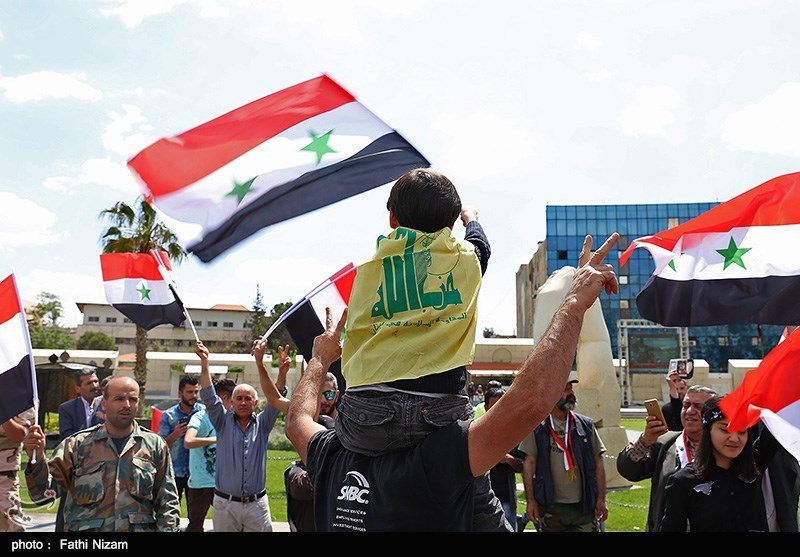
Since the fall of Bashar al-Assad’s regime to rebel forces in Syria, the world has been left wondering – and perhaps fearing – what will come next for the beleaguered country. The victorious Islamist rebel group Hayat Tahrir al-Sham (HTS) is now firmly in charge in Syria and supported by Turkey. HTS is led by Ahmad al-Sharaa (also known as Abu Muhammad al-Jolani), who likely wishes Syria to avoid the political fate of the Taliban in Afghanistan and not become an international pariah. Consequently, HTS is so far making the right public statements about religious inclusion and international relations, at least as far as the West is concerned.
The Sunni-led group has tried to distance itself from Islamic extremism since coming to power, and has shown no signs of turning its forces on the formerly ruling Alawite clan of deposed President Bashar al-Assad. Nor has HTS threatened the Kurds, Christians, or other Shia groups present in the country. Al-Sharaa has also stated that HTS wants to distance Syria from Iran, which is not surprising given the sectarian divide between a Sunni Islamist group and a revolutionary Shia theocracy.
While the situation remains murky regarding what comes next for Syria, the answers to the following questions will shed light on the country’s future.
How will Israel respond to the new regime?
So far – although we’re still in the early days – Israel’s response does not look promising for stabilizing the region. Israel has been seizing part of the Golan Heights and striking Syrian military equipment and armaments in the days following Assad’s fall. This is likely aimed at militarily weakening the new regime as much as possible and securing as strong a strategic position as possible in case HTS proves hostile to Israel. That is understandable, but presumably, at some point, Israel will look to cool tensions and start a dialogue with HTS (if it has not already).
How will the United States treat the new regime?
The U.S. also bombed targets in Syria right after Assad’s fall, except its focus was on weakening Islamic State remnants in the country so that they cannot rise from the ashes of a Syria in crisis. The U.S. labels HTS as a terrorist group for its past ties to al-Qaeda. However, that designation could soften if the U.S. is offered enough reassurances from HTS about how it will govern (and how much influence it will allow Islamist factions in the new government).
Related: Top 3 foreign policy questions for the new Trump administration
How will Turkey act towards the Kurdish groups in Syria?
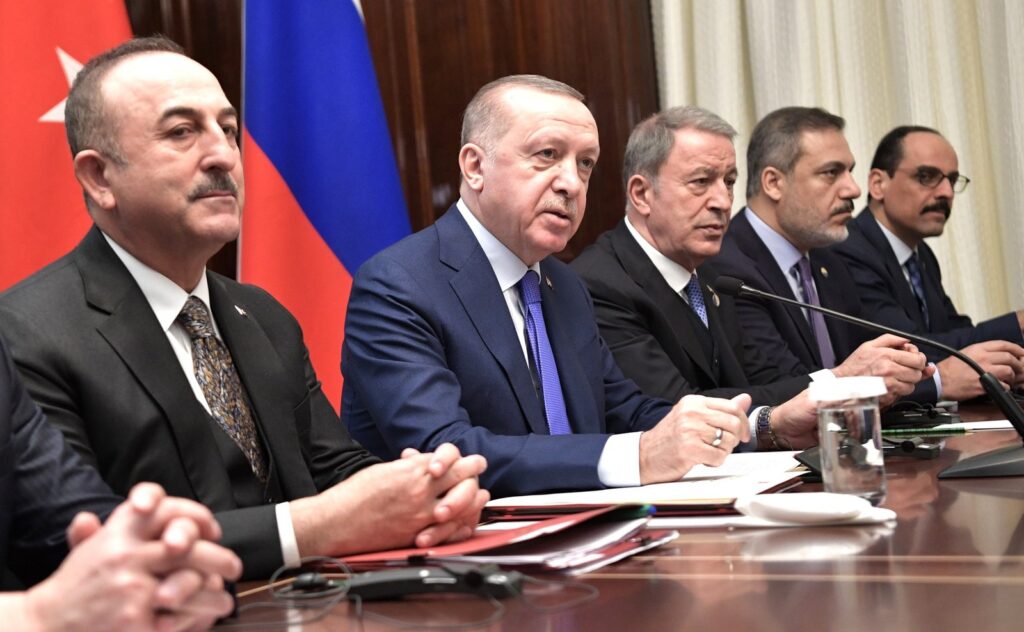
Turkey has been simultaneously supporting the HTS and battling the YPG element of the Syrian Democratic Forces (SDF) during Syria’s civil war. The YPG is a Kurdish faction of the SDF that Turkey considers a terrorist group. Turkey sent warplanes to battle the Kurds in Syria immediately after Assad’s fall. Whether they continue that fight remains to be seen, but Turkey’s decision could drastically affect stability in a future Syria.
How will Russia respond to its lost influence?
This is perhaps the most crucial question to answer to understand Syria’s political future going forward.
Russia has a lot to lose in Syria, primarily military bases and strategic influence. It is currently hosting the deposed President Assad in exile and surely worries that HTS will respond negatively to its support of Assad throughout the war.
The future relationship between the new Syrian government and Russia is fraught with uncertainty and potential conflict, though, presumably, the Russians would like to keep a somewhat constructive relationship and a military presence in the country.
Russia would especially like to preserve its deep water Mediterranean port at Tartus. For its part, HTS is no doubt eager for continued diplomatic and economic ties with Russia, despite the fraught recent history.
How will Iran react to being cut off?
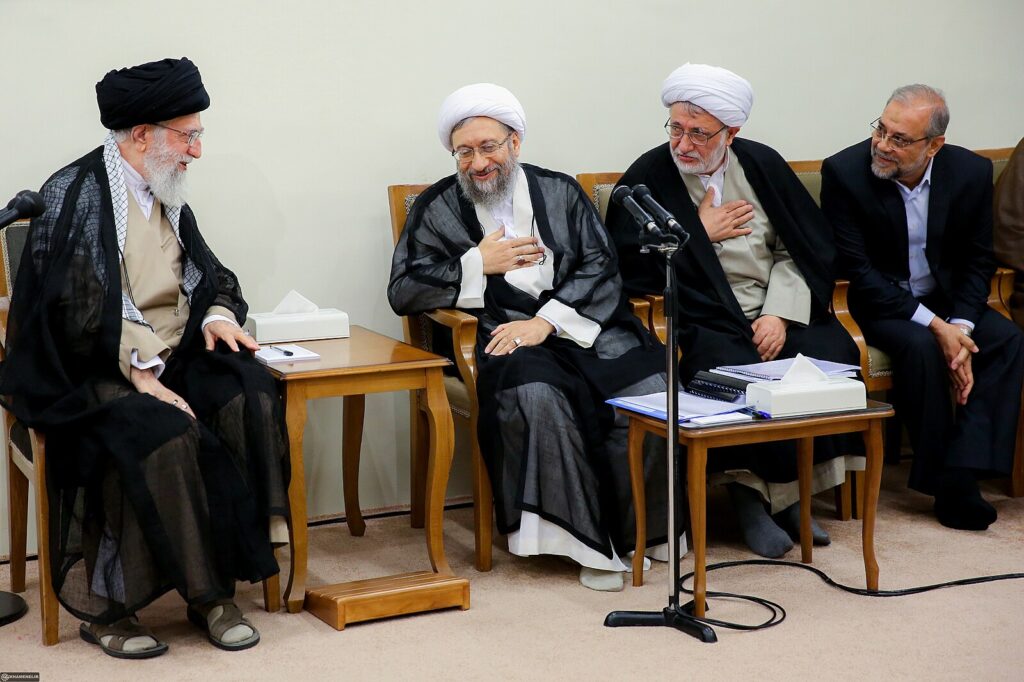
The new HTS government seems all-but-certain to cut its formerly close ties with Iran.
How will Iran’s theocratic rulers respond is anyone’s guess. If it chooses an aggressive and antagonistic response, including covert action, political and military pressure, or even possibly war, then all bets are off. No one knows for sure at this point how the ruling Iranian mullahs will respond.
How will the internal factions act toward the new Syrian government?
In addition to several foreign powers who have interfered in Syria’s conflict over the past years, numerous internal Syrian factions will also have to decide how they will respond to the new HTS government. The most important among these are arguably the Syrian Kurds in the northeast of the country.
The Kurds will have a big role to play in either supporting and stabilizing the new regime or opposing it and thrusting Syria into yet more conflict. A lot will also depend on how HTS chooses to deal with them.
Although the situation is very uncertain, the optimist in me sees a way for a moderated HTS to rule the country in such a manner that all the internal and regional actors are more or less placated and a fragile peace is created. Of course, the pessimist in me sees a continued internal conflict that spirals into a regional war. All of us who care should be rooting for the former outcome.
Feature Image: Pro-government Syrians demonstration in Damascus after US missile strike, 2018. (Photo by Fathi Nizam/Tasnim News/Wikimedia Commons)
Read more from Sandboxx News
- Starman: The Green Beret superhero who was meant to be there
- Drones swarmed a military base for days and the Pentagon still doesn’t know why
- The Air Force’s B-47B Stratojet bomber made Soviet generals sweat
- F-16s carrying the A-10’s 30mm cannon actually saw combat
- Trump’s NASA pick says military will inevitably put troops in space
Related Posts
Sandboxx News Merch
-

A-10 ‘Thunderbolt Power’ Poster
$22.00 – $28.00 Select options This product has multiple variants. The options may be chosen on the product page -
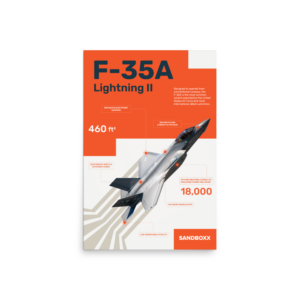
F-35 ‘Lightning’ Poster
$22.00 – $28.00 Select options This product has multiple variants. The options may be chosen on the product page -
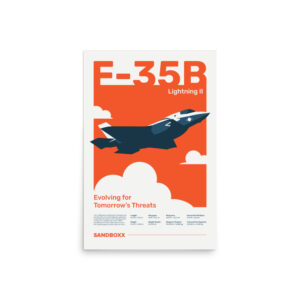
F-35 ‘Evolution’ Poster
$22.00 – $28.00 Select options This product has multiple variants. The options may be chosen on the product page
Frumentarius
Frumentarius is a former Navy SEAL, former CIA officer, and currently a battalion chief in a career fire department in the Midwest.
Related to: Military Affairs
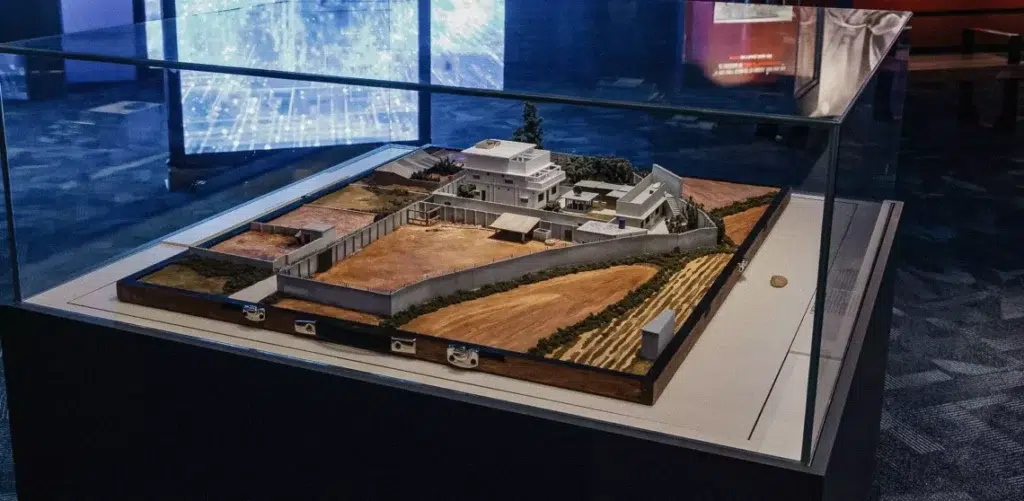
The CIA used miniature models to meticulously plan high-stakes operations
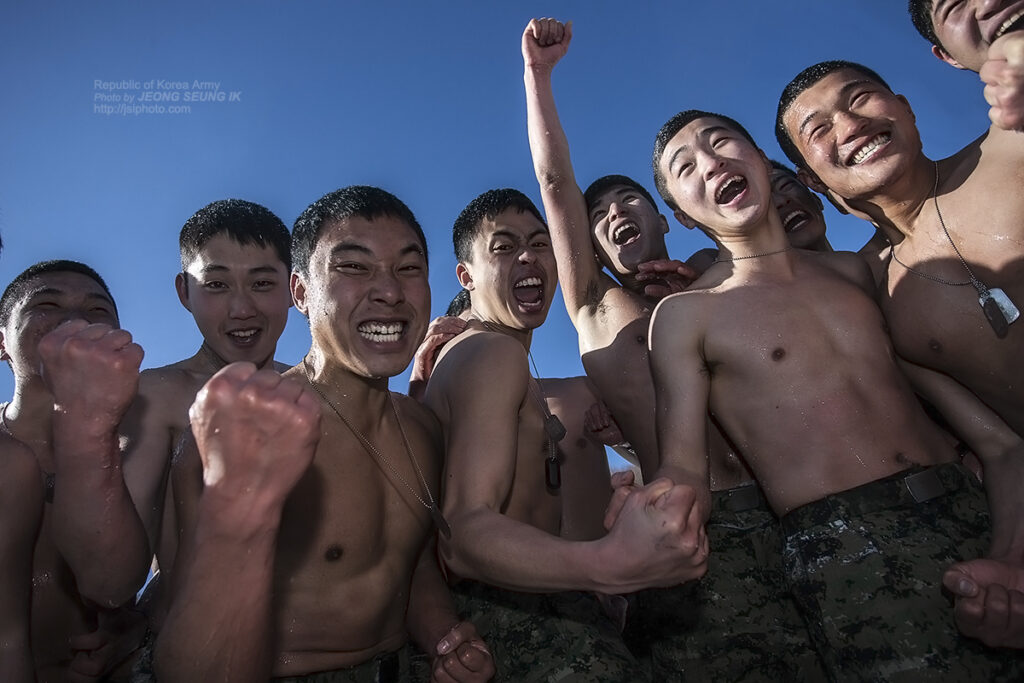
Weird incidents with South Korea’s elite Tuk Su Bu Dae unit
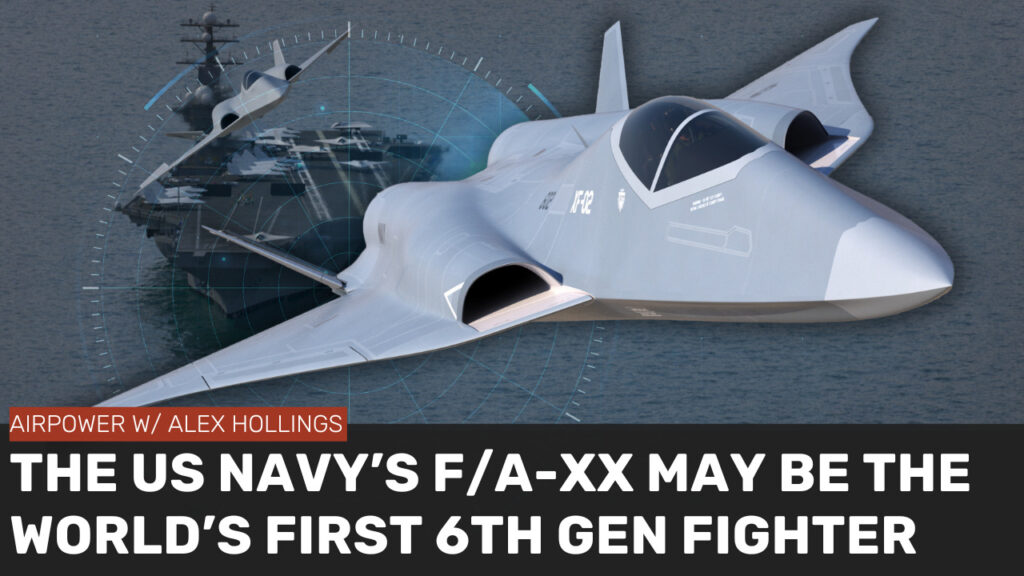
Video: The Navy’s F/A-XX may become the first 6th generation aircraft in the world
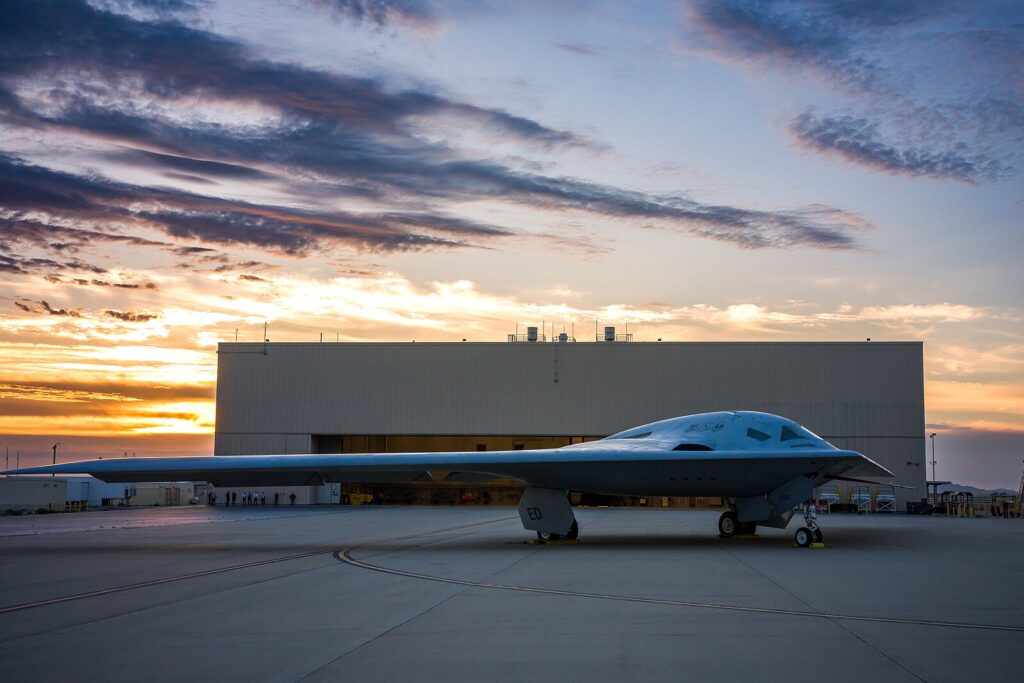
Video: The Air Force is considering the B-21 for air-to-air combat
Sandboxx News
-

‘Sandboxx News’ Trucker Cap
$27.00 Select options This product has multiple variants. The options may be chosen on the product page -

‘AirPower’ Classic Hoodie
$46.00 – $48.00 Select options This product has multiple variants. The options may be chosen on the product page -

‘AirPower’ Golf Rope Hat
$31.00 Select options This product has multiple variants. The options may be chosen on the product page -

‘Sandboxx News’ Dad Hat
$27.00 Select options This product has multiple variants. The options may be chosen on the product page
